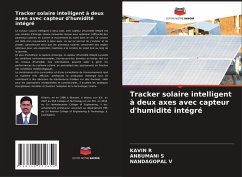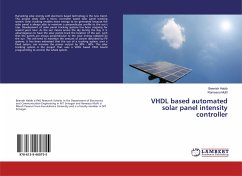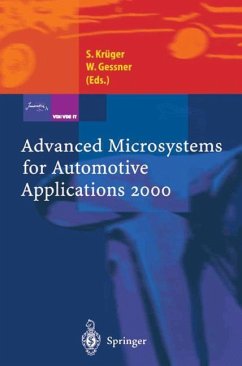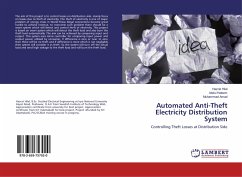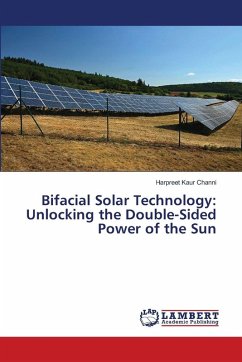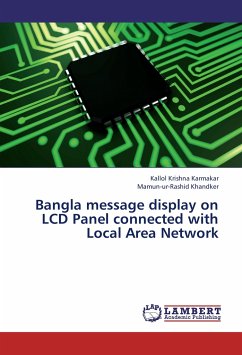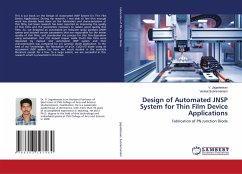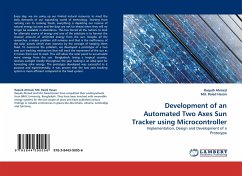
Development of an Automated Two Axes Sun Tracker using Microcontroller
Implementation, Design and Development of a Prototype
Versandkostenfrei!
Versandfertig in 6-10 Tagen
32,99 €
inkl. MwSt.

PAYBACK Punkte
16 °P sammeln!
Every day, we are using up our limited natural resources to meet the daily demands of our expanding world of technology. Starting from running cars to cooking foods, everything is depleting our reserve of natural energy sources and the days are not far ahead when they will no longer be available in abundance. This has forced all the nations to look for alternate source of energy and one of the solutions is to harvest the massive amount of unlimited energy from the sun. Despite all the researches, a major problem still remains and that is the inefficiency of the solar panels which even worsens ...
Every day, we are using up our limited natural resources to meet the daily demands of our expanding world of technology. Starting from running cars to cooking foods, everything is depleting our reserve of natural energy sources and the days are not far ahead when they will no longer be available in abundance. This has forced all the nations to look for alternate source of energy and one of the solutions is to harvest the massive amount of unlimited energy from the sun. Despite all the researches, a major problem still remains and that is the inefficiency of the solar panels which even worsens by the concept of keeping them fixed. To overcome the problem, we developed a prototype of a two axes sun tracking mechanism that will track the movement of the sun as it moves from east to west. This will allow the solar panel to accumulate more energy from the sun. Bangladesh, being a tropical country, receives sunlight mostly throughout the year making it an ideal spot for harvesting solar energy. The prototype developed was successful in it purpose and experimentally, it was proven that the two axes tracking system is more efficient compared to the fixed system.



